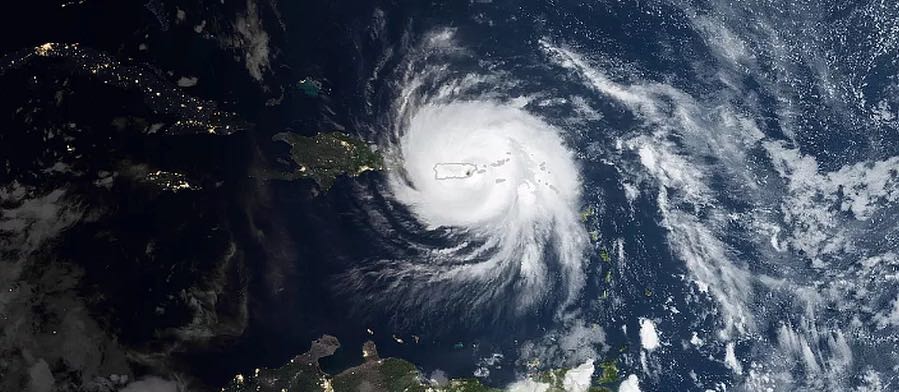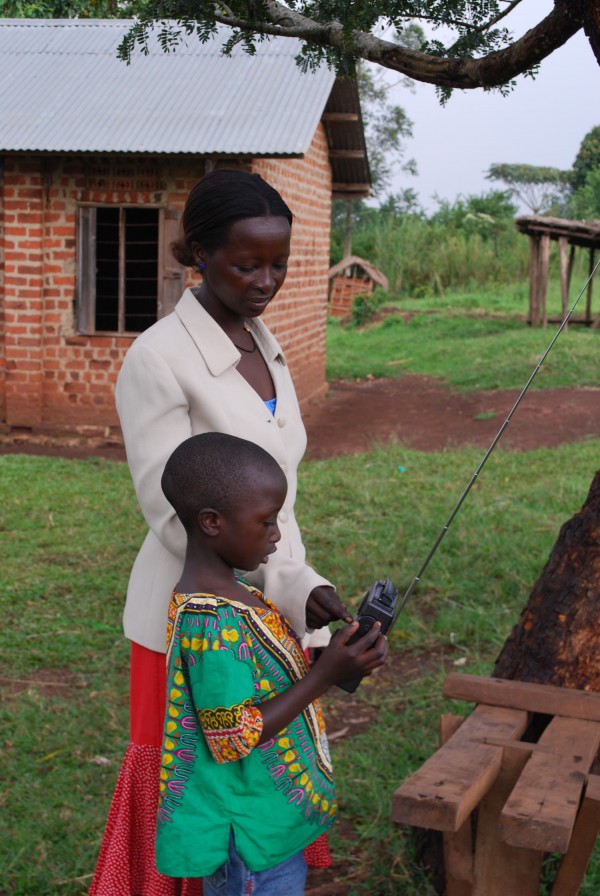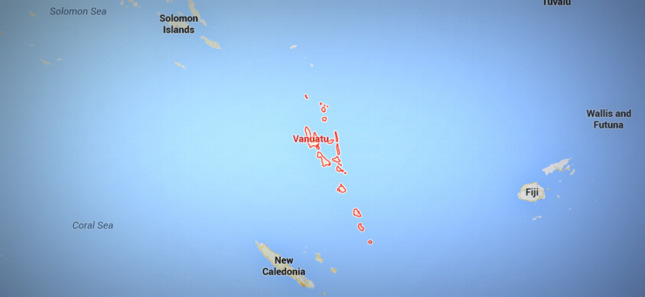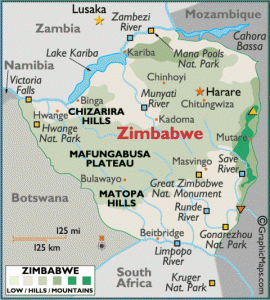Many thanks to SWLing Post contributor, Phil Brennan, who shares the following guest post–an article he originally authored for the Australian DX News:
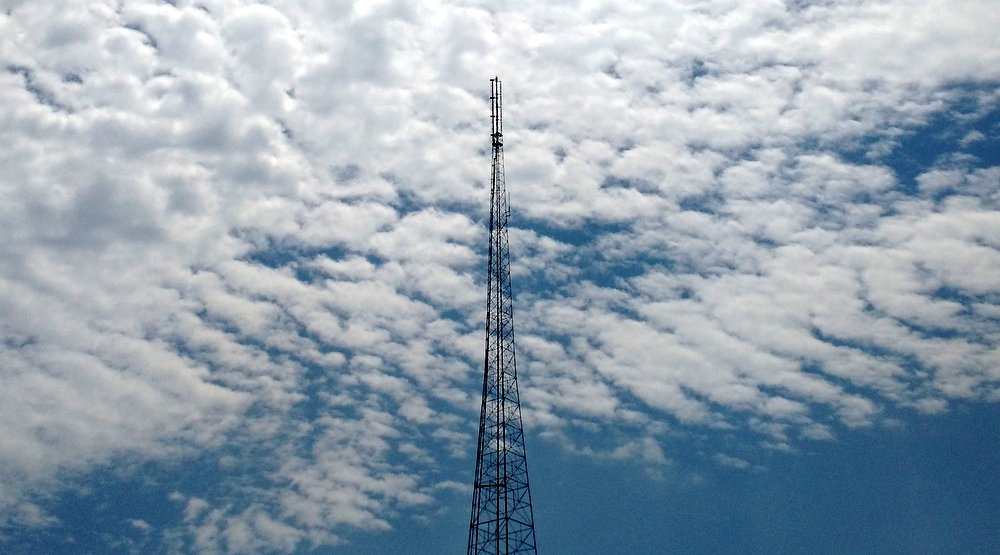
What Future for Radio Broadcasting in Australia?
By Phil Brennan, Darwin, NT
As we witness the worldwide decline in long wave, medium wave , shortwave and indeed FM broadcasting, it can be at times a slightly depressing exercise to ponder the future of our hobby. As I write, just last week Radio France announced that it will soon cease all LW broadcasting. There’s an on-line petition to save the service: this morning it had collected 770 signatures after one week. It was 769 until I sent my modest click across the universe L.
On the domestic front we’ve seen the pointy-headed bean counters in Canberra and their political masters take the knife to our national broadcaster to the point where Radio Australia now seems to be little more than a relay station for the ABC with barely any in-house production tailored for its audience.
With all this doom and gloom it was with some trepidation that I spied a recent Australian Government report entitled Digital Radio Report [1] which arrived via my email in-box through the excellent Australian Policy On-line resource. The report was published in July 2015 by the Department of Communications and was conducted by the Minister for Communications under the Broadcasting Services Act and the Radiocommunications Act. Note: the Minister for Communications then was Malcolm Turnbull who is now Australia’s Prime Minister.
The report makes for an interesting read (for nerds like us) and provides some great insight into the bureaucracy’s thinking on the future of radio broadcasting in this country. So while the report ostensibly considers the current and potential state of digital radio in Australia, in so doing it looks at the other forms of radio broadcasting and gives us a peek into the future.
The report broadly considers the following issues:
- The current state of digital broadcasting and alternative forms, eg streaming services through the interwebs
- Whether Australia should set a digital switchover date and close off analogue services; and
- The legal and regulatory framework for digital services.
Like you would have dear reader I quickly scrolled through the report to see if it was recommending a full switchover to digital. The good news is that this won’t happen anytime soon and perhaps not ever. Phew! It seems Australia’s geography and sparse population works in our favour (for once). Anyway, more on that later.
So what does the Australian radio broadcasting landscape look like at present? Well for lovers of analogue radio it’s still looking pretty strong and it’s likely to remain that way for some time to come. In the five big cities the 2014 average weekly audience for commercial radio services grew by 4.13 per cent to 10.1 million people. That’s pretty impressive given the quality of the stuff they serve up each day. Aunty’s (that’s the ABC to foreign folk) radio service reached a record 4.7 million people in 13/14, an increase of 155,000 listeners on the previous year. Well done Aunty!
All up there are 273 analogue commercial radio services (104 on AM, 152 FM and 12 outside the broadcasting service bands. Community radio is going strong with 357 analogue services (13 AM and 344 FM) plus 244 narrowcasters (33 AM and 211 FM). There’s lots of stuff still out there it seems. Perhaps too much as the FM band is becoming very crowded in the major metropolitan areas.
There are 142 commercial digital services in the big capitals plus the two trial sites in Canberra and Darwin. Interestingly a good proportion of the digital services are simulcast analogue services, for example 11 out 29 of the commercial digitals in Sydney. Listenership of digital radio is growing slowly and steadily, reaching 25 per cent in the first quarter of 2015, primarily due to the growth of receivers in motor vehicles.
Streaming services are rapidly gaining ground with services like Spotify, Pandora and the new Apple Music picking up new subscribers each week. The move by Aunty and the Special Broadcasting Service’s (SBS) to mobile apps for streaming content is also showing good growth. It would appear that to some extent this growth has been at the expense of terrestrial digital services, but audience data in this area is pretty sketchy it seems.
So what of the future for digital radio? Well it seems that for the present the public does not show a preference for digital radio over other forms. And while some European countries such as Norway with near total digital coverage are looking to switch off their FM services, some countries such as the UK have postponed their planned switchover to digital due to slow uptake by the listening public.
In Australia there are big interests such as SBS, Commercial Radio Australia and Broadcast Australia pushing for a switchover to digital as soon as possible. Thankfully the report’s authors have listened to other bodies that advocate for a multi technology approach. Significantly the report notes that while digital could match FM for coverage with a similar number of transmitters, it will struggle to match the coverage provided by the medium and high powered AM transmitters that reach the remaining population. Digital Radio Mondiale and satellite digital radio technologies could increase digital’s coverage but are not considered viable.
Internet based services are not seen as a realistic alternative in the medium term due to high data costs, restricted wifi coverage, likely interruptions in high traffic areas and poor battery life on mobiles. It’s likely that this will be a niche medium for some time.
So what does the report conclude and recommend? Well, digital radio was only ever introduced as a complimentary technology and that will continue to be the case. In saying that the report makes a series of recommendations to free up the rules so broadcasters can take up the digital option more readily. DAB+ is the preferred technology so don’t go ordering a DRM set anytime soon.
Perhaps most interestingly, the report makes a major finding that there may be an opportunity to consider how analogue terrestrial radio coverage can be improved pending the roll out of digital radio. This includes further research into how AM coverage can be improved in metropolitan areas and whether the FM spectrum can be made available in regional areas for new analogue services or switching existing AM services over to FM, potentially in lieu of the rollout of digital services. For us lovers of analogue radio this is certainly good news, particularly if more high powered AM broadcasters hit the band.
Does this actually mean that analogue radio services are safe? Well, governments have been very good at ignoring reports advocating for the public good and succumbing to the commercial interests with other agendas, particularly when it comes to media. That said, it doesn’t make a lot of sense for the government to pull the plug on analogue anytime soon given the coverage issues in regional Australia. However, when it comes to governments, the sensible thing to do is often viewed as the last option.
[1] © Commonwealth of Australia
Thank you, Phil, for your article and opinions! I agree–in a country with such vast expanses, analog radio still has advantages over other mediums. Comments?

